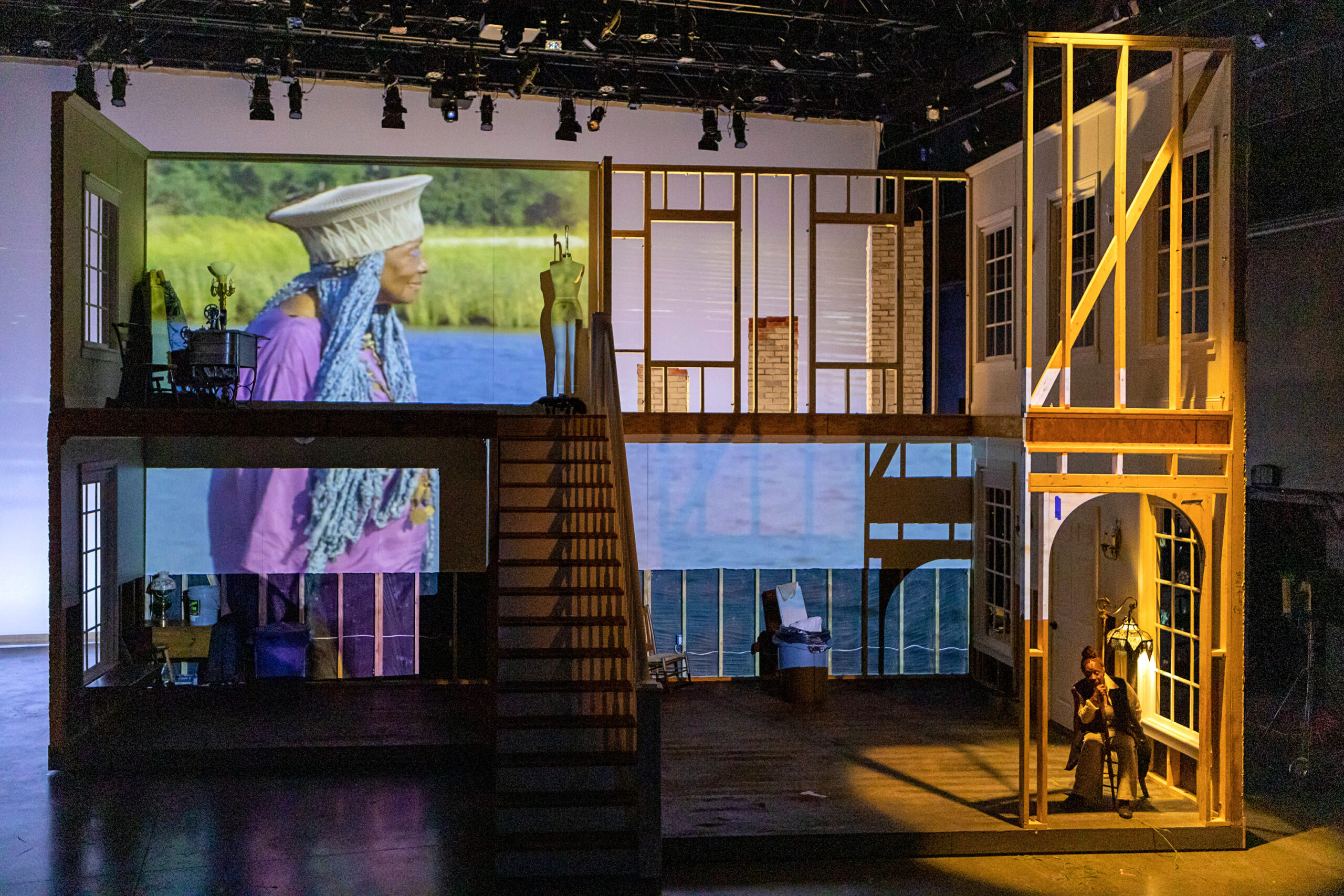Why Lumberyard Is Pivoting from Technical Residencies to Neurodivergence Inclusivity
In 2019, demand for the only dedicated technical residency program in the U.S. was so high that the Lumberyard Center for Film and Performing Arts (formerly called American Dance Institute) could barely keep up. Back then, the organization was seeking funding to sustain and grow the program, so that more artists could visit its Catskill, New York, campus for technical rehearsals early in a work’s development, rather than incorporating technical elements just days before a work’s premiere, as is more typical.
So it was somewhat surprising when, earlier this year, Lumberyard listed the Catskill property—which only just opened in 2018—for sale for $11.5 million. Once a sale is finalized, it will mark the end of what was seen as an essential program. The organization simultaneously announced a new focus on including neurodivergent audiences in mainstream theater.
Though this seems a significant pivot in mission, Lumberyard’s executive and artistic director, Adrienne Willis, says both programs represent the organization’s goal to “identify needs in the field that haven’t been met, and find ways of addressing those needs. That’s what we’ve always cared about most—how we can make the greatest impact on the field.”
Why shutter a program that was once so needed? Willis says part of the decision came down to changing objectives from the philanthropy community, which became less interested in funding the technical residency program and more interested in Lumberyard’s outreach work. (Though Lumberyard did host some bubble residencies during the pandemic, those programs were mostly funded through the artists and companies themselves rather than through Lumberyard.) But the organization also found itself sitting on a property suddenly worth much more than it had been a few years prior, as property values in the Hudson Valley skyrocketed during the pandemic. “It seemed like a great opportunity for us to be able to secure our future,” says Willis, “and to make sure we are going to be relevant for the next decade.”
Lumberyard will keep advising dance companies on their technical processes, and Willis hopes that whoever buys the property will continue to support artists in this way. “It’s a concept that we put a lot of research and time and effort and money into, and it’s ready for someone to take it to the next level,” says Willis.
Now, Lumberyard will also focus on Fresh Start, an arts intervention program launched in 2018 at facilities across New York State that aims to reduce youth rearrest rates, as well as its new initiative addressing neurodivergence inclusivity, Seats on the Spectrum.
“Over the past few years we’ve been bringing together the medical community, the theater community, the autism community, and caregivers and parents to create some norms to allow access to mainstream performances,” says Willis, who has a child on the autism spectrum. Lumberyard intends to publish a white paper with its findings, and to pilot a program in commercial theaters that implements accommodations that might include reserving seats for neurodivergent audience members and caregivers, training ushers, and projecting performances on a live feed in the lobby. “The big goal is that anybody with autism can go to see a mainstream performance and have some accommodations,” Willis says. “So they can participate in theater without feeling like they don’t belong, or they’re meant to be at a special performance.”




